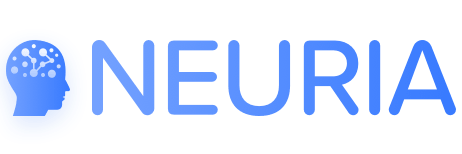What is a neurological disorder?
Neurological disorders generally show a change in the network of nerve cells, so-called neurons. The malfunction of nerve cells in the brain or the rest of the body can be attributed, for example, to damaged neurons or a disturbed signal exchange between these. Depending on the disease, different causes can be identified. The effects also differ from patient to patient.
Neurological disorders are the second leading cause of death worldwide after cardiovascular diseases and the most common cause of disability.1
The spectrum of neurological disorders is diverse, beginning with conditions that occur in developmental years at a young age, such as ADHD and Autism, and extending to conditions that typically develop with age, such as Alzheimer’s and Parkinson’s disease. Neurological damages is often irreversible.2
Depending on the severity, individuals find it increasingly difficult to perform skills such as movement, speech, and remembering. This can have a devastating impact on independence and quality of life and also directly affects family, friends and acquaintances of the affected person. For patients and their relatives, the disease is a tremendous blow to their lives, and therefore often a heavy emotional burden.
The mission of the NEURIA team is to pick up exactly there. We want to build a platform that provides affected people with useful information for their treatment and additionally offers the opportunity to make helpful contacts.
2. Pubmed (2017) Progressive multiple sclerosis: from pathogenic mechanisms to treatment. Zugriff am 14. September 2021. Erhältlich bei: https://pubmed.ncbi.nlm.nih.gov/27794524/
3. Alzheimer’s Disease International (2018). World Alzheimer Report 2018. Zugriff am 11. August 2021. Erhältlich bei: https://www.alzint.org/u/WorldAlzheimerReport2018.pdf
